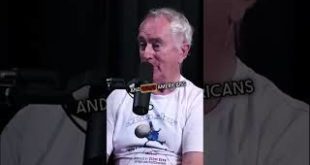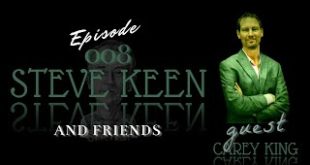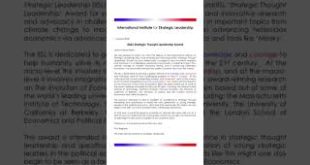Read More »
China’s surprising business strategy to beat America. #shorts #economics #economist #student
Steve & Friends with Guest Carey King
Dr. Carey W King performs interdisciplinary research related to how energy systems interact within the economy and environment as well as how our policy and social systems can make decisions and tradeoffs among these often competing factors.
Read More » Steve Keen’s Debt Watch
Steve Keen’s Debt Watch










